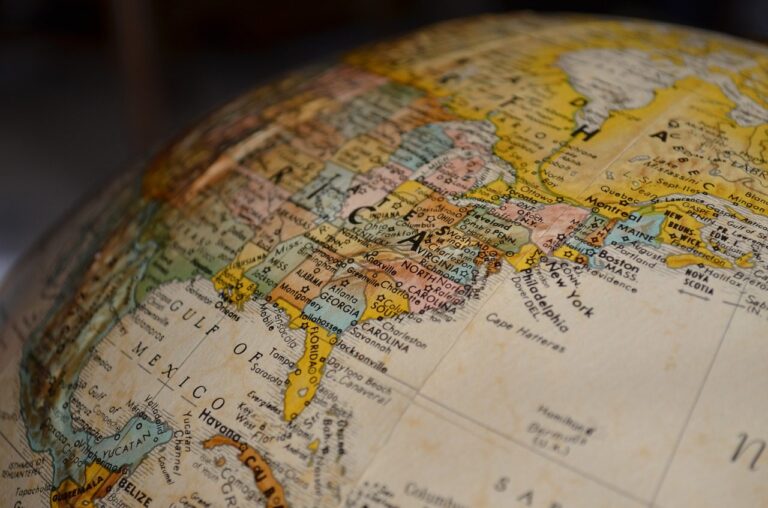We’ve all done it – gone on holiday, stepped away from the daily grind, relaxed in the sun, cocktail in hand, wondering how we can make this feeling last. So when we return to the unpredictable British weather, we hatch a plan of how to buy a property abroad.
As an overseas property and finance specialist I’ve seen a surge in enquiries from people looking to buy abroad in August and September.
Many people jet off to the sun and wish they could stay. But holidaying somewhere is not the same as the reality of living there every day. When you are on holiday, you wind down a gear and time is your own, but try to visualise what it would really be like if you live there. If you are uprooting your family and will need to work, be aware that it could just be the same routine in a different location.
My enquiries come from people at different stages of their lives. Some plan to retire abroad, others want to have a holiday home which they rent out when they are not staying there, or some choose to leave their old life behind for a complete change of scene.
While moving to another country can be the best decision you ever made, there are some common mistakes people make which can be avoided if they take proper advice.
Initially, make sure that the property you are interested in has been built legally. Some have been built in areas that are set aside for green belt or agriculture land, or are illegally close to the coast. Environmental authorities have been known to demolish homes built too near the shoreline or on unregistered rural land.
Be warned – some unscrupulous agents see foreign buyers coming – so do not pay more than you need to. Prices can be inflated because a large number of foreign buyers are interested, or because the property is situated in a touristy area. If banks are not currently lending in that area, a true price may not have been set.
Instruct an independent surveyor, ideally one who is not locally based, to check the valuation and comparable properties in the area.
Check if there are any construction issues. We have dealt with cases where new properties have been built in poor soil with unsatisfactory foundation depths, others where sub-standard building materials have been used, or where they’ve been built in dubious locations, such as flood plains, or too close to nearby cliffs.
Construction difficulties are not unique to new properties, just as older properties may have hidden issues such as damp, timber rot, wiring defects or subsidence. Getting an independent valuation done will highlight any problems. If you are buying a new property, check the developer’s past building record.
Never sign up for a property that you have not taken the time to visit. When you do visit, do so during the day and night. Talk to people who already live in the area to get a better understanding of what it is really like.
And if you do not see the property in real life, what may have looked great in a sales brochure could end up being located in problematic or totally unsuitable areas. Your dream home may actually be situated next to a motorway, a local airfield or a rubbish dump.
But perhaps the most important piece of advice I can give is to make sure you know what you are signing. You may only receive a contract in the local language, or two contracts – one in the local language and one in English.
The term ‘lost in translation’ is one we are all familiar with, but when it comes to contracts for an overseas property, you could be at risk of experiencing its full impact. In many cases, it has come to light that the translation is not a true version of the original. In other cases, people have not bothered to have the contract translated at all.
The safest option is to check with an independent lawyer, or a professional translator who can verify that the translation is a true version of the original. Otherwise, you could unwittingly be agreeing to extra conditions or charges not covered under the original contract.
Take independent advice from an English-speaking lawyer and similar independent professionals, such as surveyors or architects. Buying a property overseas can be one of the best decisions you ever make, but I would urge you to do your research and take the proper steps before taking the plunge.










